Philosophy in a Time of Pandemic
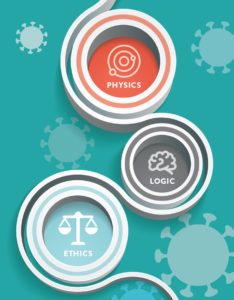
IN JANUARY Vintage Books published How to Live a Good Life: A Guide to Choosing Your Own Personal Philosophy, edited by Massimo Pigliucci, Skye C. Cleary, and Daniel A. Kaufman. In the vein of Socrates and his dictum on the futility of the unexamined life, the book is a collection of fifteen essays by fifteen philosophers on what it is to live according to a philosophical tradition. As per the publisher, the book not only provides “a beginner’s guide to choosing a life philosophy but also a timely portrait of what it means to live an examined life in the twenty-first century.” Here, we bring you five essays, four by contributors to that book, applying Stoicism, Ethical Culture, moralist humanism, Epicureanism, and secular humanism to life in the time of a deadly pandemic.
|
|
|
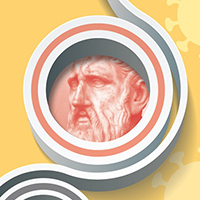 |
On COVID-19 and Pandemics: A Secular Stoic PerspectiveBy Massimo Pigliucci A renowned Stoic looks at the pandemic from the point of view of physics, logic, and ethics. Among a number of conclusions: “panic is an emotional overriding of reason, which means it is automatically a no-no for a Stoic practitioner.” |
|
|
|
 |
An Ethical Culture Perspective on COVID-19By Anne Klaeysen Acknowledging that she’s writing from a place of privilege, the NYU humanist chaplain and Columbia University adviser has been asking “what my faith in the human potential for goodness requires of me.” |
|
|
|
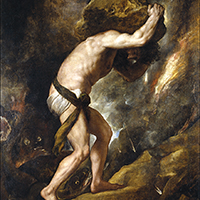 |
Humanism’s Vulnerable HumanBy Anthony B. Pinn Invoking Camus and the Myth of Sisyphus, the Rice University professor concludes we must persist in quelling the spread of the virus because we can, not because we are sure we’ll succeed. |
|
|
|
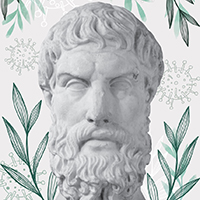 |
An Epicurean Guide to Living More Pleasantly in Times of CoronavirusBy Hiram Crespo A follower of Epicurus lays out how the rational pursuit of pleasure and consolation allows us to channel our anxiety into strengthening self-sufficiency and social networks. |
|
|
|
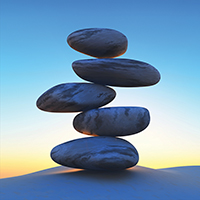 |
Healthy Humanism and Ethical WellnessBy John R. Shook “The health of our immune system protects us from disease,” the humanist philosopher writes. “The health of our humane system protects us from disaster.” |
|
|
|
